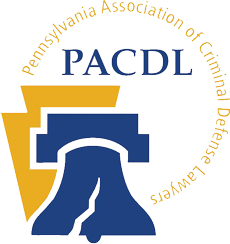How can disorderly conduct impact your education?
Going to college means ample opportunity for you to socialize and experience new and exciting adventures. However, sometimes certain factors may cause unanticipated circumstances and you may find yourself participating in situations you later regret.
Charges of disorderly conduct could impact your education in ways you did not expect. Your understanding of what constitutes disorderly conduct, as well as how it may impact your life can help you proceed with confidence as you work toward reconciliation.
Defining disorderly conduct
According to the Pennsylvania General Assembly, if your behavior caused significant disruption in the form of panic, annoyance, compromised safety or notable inconvenience, it might mean a disorderly conduct charge for you. Examples include offending another person or group, promoting or participating in violence, obscenities and unreasonable noise.
Observing your surroundings and documenting the incident you were a part of will provide support and evidence for your case. This is especially important if you dispute your involvement in an incident or deny the severity of your behavior as described by witnesses.
Moving forward after a charge
Depending on the charges you face, disorderly conduct may require you to take time away from school to address the consequences. Your affiliation and responsibilities with certain on-campus groups or clubs may face temporary suspension or probation. If you have a job, you may lose the trust of those you work with.
You can amend each of these repercussions. Focusing your energy and resources on rebuilding trust can aid in helping you overcome your charges as quickly as possible. With time and support from people who care about you, you can investigate solutions to avoid repeat offenses, as well as restore your record.



